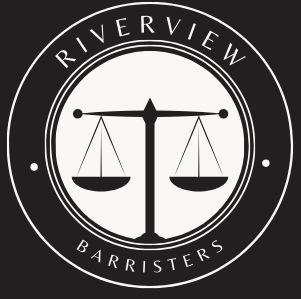Lawyers work in diverse environments. Many law students rely on firm prestige alone when trying to find an ideal firm; this approach may not always lead to finding their dream position.
New attorneys should anticipate long hours spent researching, writing, studying, making phone calls, attending court hearings and meeting clients. Geographic markets vary in terms of legal practice areas available, client industries served and hourly rates charged.
Government Attorneys
Government attorneys work at all levels of federal and state governments as well as many independent agencies. Their practice covers virtually every area of law (civil rights, environmentalism, tax, antitrust, labor consumer protection banking energy public international to name just a few), with work experience that encompasses litigation regulatory work legislative drafting policy formation and more.
Government jobs provide tremendous early responsibility and an opportunity to serve the greater good; however, their work can often be demanding. Many who leave government often find private practice rewarding as firms usually offer more flexible hours than government positions.
Public-Interest Lawyers
Public-interest lawyers typically find work at non-profit legal services organizations, district attorney and public defender offices, state and federal government agencies as well as non-profit policy centers or research organizations. Nonprofit policy centers or research organizations may also be an option for students interested in law and social change with less direct client contact.
An important aspect of working in public interest law is helping clients or communities who cannot afford private attorneys. These clients could include survivors of domestic violence, individuals fighting for fair wages and benefits or communities dealing with environmental, civil rights, healthcare or other concerns that go beyond private sector solutions.
Public-interest law practices offer a diverse array of cases, from litigation and policy development to advocacy and greater loan forgiveness options available here. With their ability to select clients and flexible practice environments as well as greater loan forgiveness options available here, public-interest law may make an appealing career path choice; however, students should remember that pay may often be lower than at private firms.
Corporate Lawyers
Business lawyers offer legal guidance and representation for companies on an array of legal matters and transactions, from copyright or trademark issues to contract negotiation and tax implications for clients. As they often work in specific industries with unique laws and practices, these legal professionals must possess all of their expertise.
Many lawyers begin their careers at law firms, where they gain exposure and experience with various cases and clients. At first, clerical tasks such as legal research and basic client interactions may need to be performed under supervision; by five years onwards however, associates are ready to negotiate and draft major operative documents independently and run deals.
At both national and state government agencies, lawyers may find employment at government agencies focused on regulating corporate activities and enforcing business compliance policies. Lawyers employed in such positions will conduct surveillance, enforce compliance policies, respond to litigation claims and help craft regulations to govern corporate governance and business operations.
Criminal Defense Lawyers
Legal systems can be complex and intimidating, especially if you are falsely accused of criminal acts. When faced with these challenges, criminal defense lawyers provide invaluable assistance by representing clients against charges either through trial or plea agreements.
Criminal lawyers can make it more difficult for prosecutors to convict you by exposing gaps in their evidence such as unlawful searches and seizures or coerced confessions, while helping reduce or waive bail costs – something jail time would otherwise do for sure.
An attorney career can be both demanding and fulfilling. To begin your journey as a legal professional, select the ideal law school that matches your interests and qualifications – major in criminology, sociology or political science as this can lay the groundwork for future studies of law. Gain practical experience through internships or entry-level positions before finishing up law school education to earn your JD degree before sitting the bar exam.
